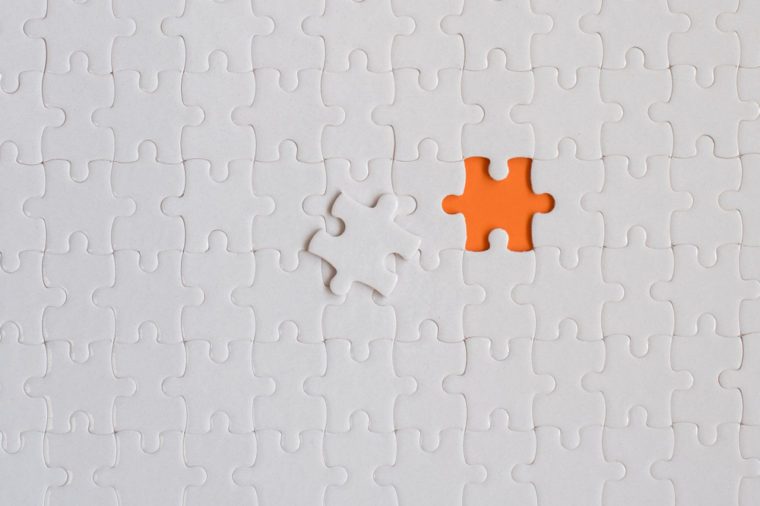Trouble sleeping

A keto diet (or ketogenic diet) is drastically low in carbohydrates and very high in fat—typically 75 percent of calories come from fat, 20 percent from protein, and just 5 percent from carbohydrates. That’s extreme even by other strict diets’ standards. (Paleo, for example, typically allows you to get 20 to 40 percent of your calories from carbs.)
Slashing carbs to this degree forces the body into ketosis, a metabolic state in which your body starts to rapidly break down fat for fuel. That sounds better than it feels. During the first few days—sometimes weeks—of ketosis, people often feel tired, irritable, and dizzy and have difficulty sleeping. This carbohydrate withdrawal is often called the “keto flu,” explains registered nutritionist and certified dietitian Dana Notte, MS, director of nutrition at Green Mountain at Fox Run, a healthy-weight retreat known for helping women “detox” from fad dieting. Check out the 13 things everyone gets wrong about the keto diet.
Shrinking muscle

Contrary to what most people think, the keto diet isn’t a high-protein plan; it’s really about cutting carbohydrates and protein. And that protein deficit can be hard on your muscles, research suggests. When you limit carbs from things like fruits, vegetables, and grains, your body starts to steal protein from your muscles and other tissues to transform it into carbohydrate, Notte says. “Protein makes up our organs, our heart, our muscles as well as some hormones, antibodies, and neurotransmitters.”
One of the reasons people see rapid weight loss at the start of a ketogenic diet, Notte explains, is that you’re losing actual muscle, not just fat. This info is often a mind-blower for Notte’s clients at Green Mountain, many of whom have spent years losing and regaining pounds, she says. Find out exactly why most people fail on keto.
Brain fog

When ketosis kicks in, the body switches from stealing protein for fuel to burning fat. “The body starts to rely more heavily on fat stores,” Notte explains. Molecules called ketones are released when body fat is metabolized, and some cells in the brain can use ketones for fuel. However, your brain needs more than 100 grams of carbohydrates a day, according to research, and while your body makes the switch to relying on fat—ketones—for energy, your brain can suffer.
“Brain fog” is a common complaint among people on extremely low-carb diets like keto. “I remember one client in particular who had been put on a keto diet for her PCOS [polycystic ovary syndrome] who kept telling me how much better she felt after eating in a more balanced, more nourishing way for a couple of weeks at our program,” Notte says. Make sure you know these 15 things before starting the keto diet.
[“source”=CNBC]
